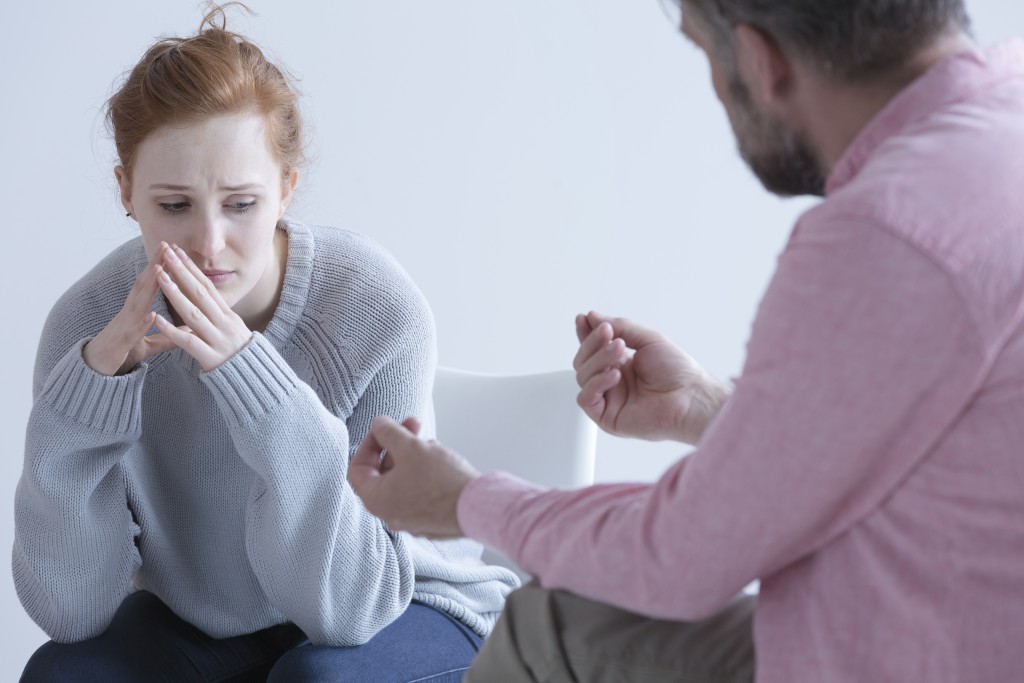Disclaimer: This website provides health information for educational purposes only and is not a substitute for professional medical advice, diagnosis, or treatment. Always seek the guidance of a qualified healthcare provider with any questions you may have.
It’s not easy to watch a loved one’s health deteriorate, especially when the solutions appear to be simple. However, eating disorders are not just about food intake.
You can’t force someone to change, but you can let them know that getting help for eating disorders is important. EDCare outlines the top treatment options available to patients.
Outpatient Treatment
This type of treatment is the least restrictive when it comes to the level of care. Individuals who are active participants in this type of program may see recovery professionals, such as a therapist and nutritionist, at least two to three times a week.
IOP or Intensive Outpatient Treatment
This treatment is ideal for individuals who need more support than patients undergoing the outpatient eating disorder treatment but still need some time to do their normal activities.
Residential Treatment
The patients are medically stable and no longer require intensive medical attention, although they are still psychiatrically impaired and incapable to respond to outpatient or partial clinical approach.
Inpatient Treatment
The patients show depressed or unstable vital signs and their condition is rapidly worsening. They show suicidal and unstable tendencies and may need intensive medical care. This type of treatment offers a 24-hour care system in a hospital.
Continuing Care
Soon after discharge, patients are given an option to push through with continuing care. Doing so will let them continue with their periodic sessions with their nutritionist and primary therapist for better recovery. The frequency of sessions often depends on the treatment team’s assessment prior to discharge.
Going through an eating disorder is not as simple as some people might think. Patients need our utmost patience and understanding, as they try to help themselves get out of their current medical situation. You should always be there to support them and ensure that they’ll get all the assistance they need.




